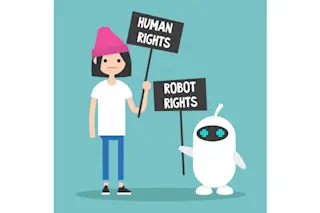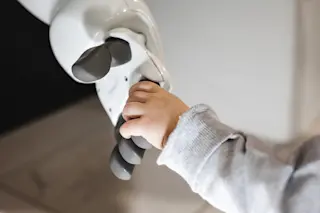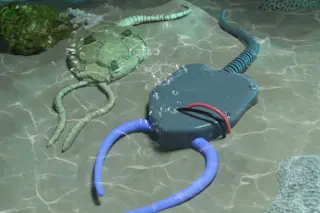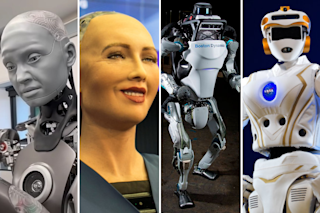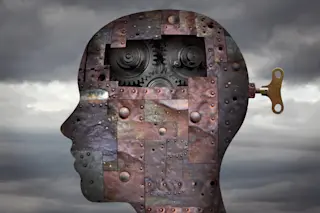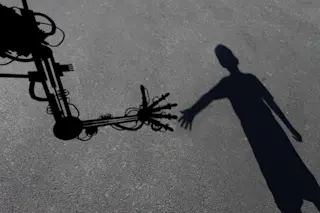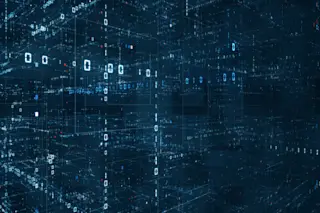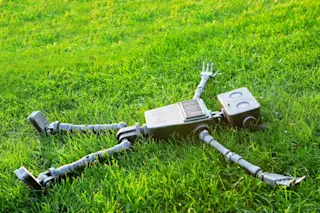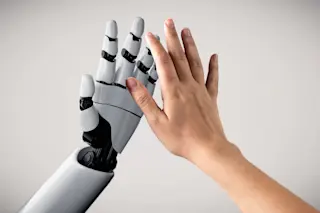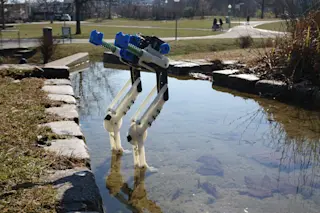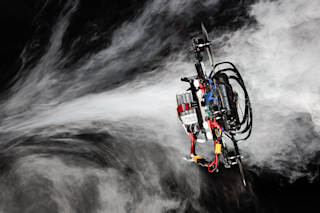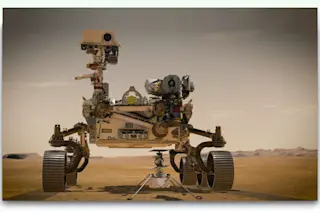When the humanoid robot Sophia was granted citizenship in Saudi Arabia — the first robot to receive citizenship anywhere in the world — many people were outraged. Some were upset because she now had more rights than human women living in the same country. Others just thought it was a ridiculous PR stunt.
Sophia’s big news brought forth a lingering question, especially as scientists continue to develop advanced and human-like AI machines: Should robots be given human rights?
Discover reached out to experts in artificial intelligence, computer science and human rights to shed light on this question, which may grow more pressing as these technologies mature. Please note, some of these emailed responses have been edited for brevity.
Professor of artificial intelligence school of computer science at the University of Hertfordshire
Robots are machines, more similar to a car or toaster than to a human (or to any other biological ...


